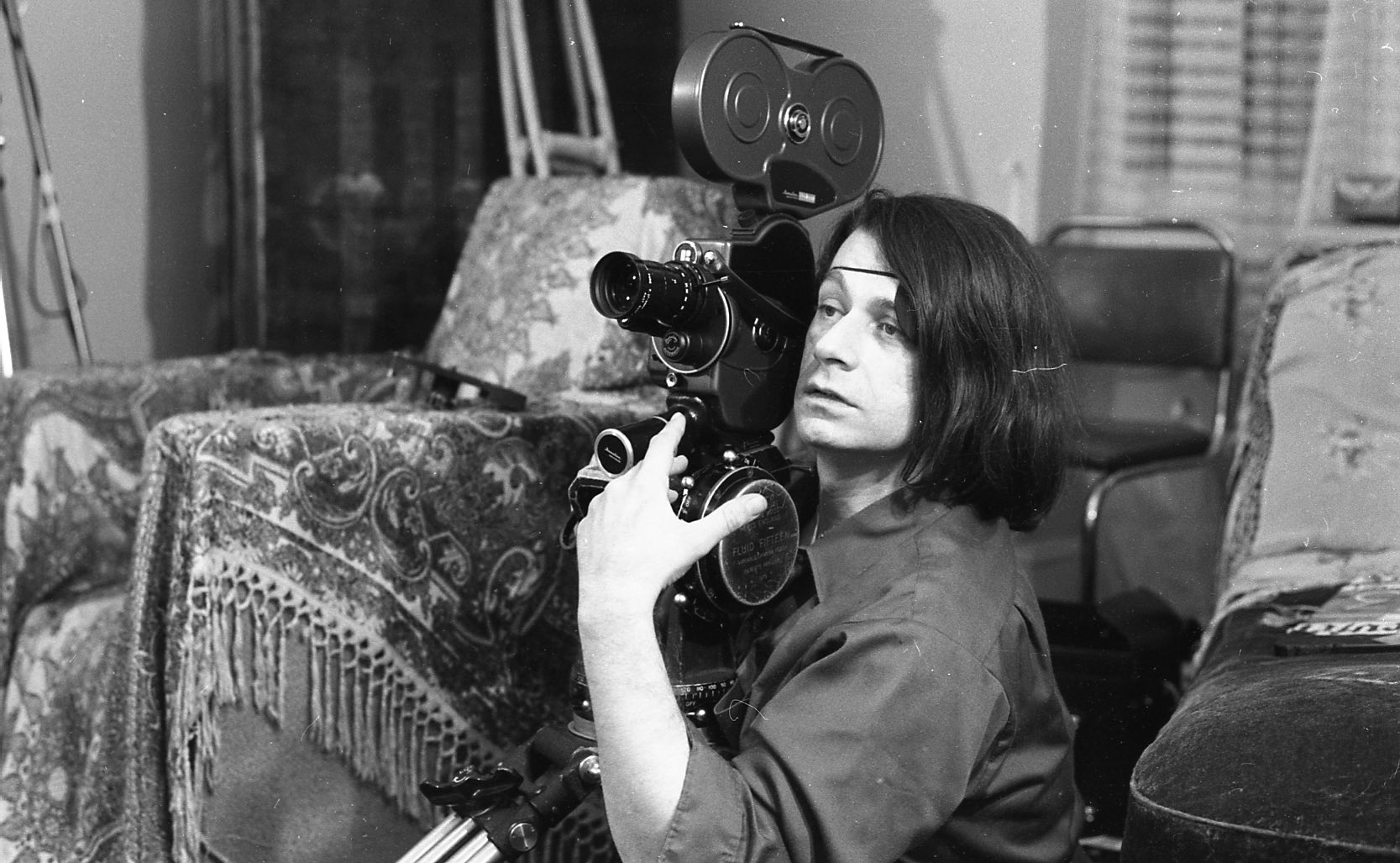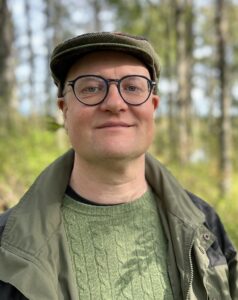Here you can find case studies of Digital Humanities projects that have taken place at Reading, to inspire our researchers to consider what is possible for their own field, and to showcase our work to colleagues and potential collaborators.
Spotlight on
Digital work on Samuel Beckett
The Digital Beckett Manuscript Project and Staging Beckett are two projects grounded in the University of Reading’s world-leading Beckett Collection and the expertise of our Beckett Research Centre.
Digital Beckett Manuscript Project
PI: Mark Nixon
The Digital Beckett Manuscript Project aims to provide a unified corpus of Beckett’s works, presented in digital genetic editions. A genetic edition is one which shows the authorial process in as close to chronological order as can be recovered. It includes a ‘version history’ i.e. all known drafts of the manuscript, aiming to identify which was first, and also any external sources that contributed to the writing process (for example, works by other authors to which the writer alludes, if this is known, e.g. from marginalia). The Beckett genetic editions include images of the manuscripts and transcriptions which are marked up for interactive study. The project has also produced a variety of other resources, including an in-depth guide to creating genetic editions, and the Beckett Digital Library, a reconstruction of Beckett’s own personal library. A current follow-up project, with long-standing collaborators from the University of Antwerp (now at the University of Oxford), will culminate in an exhibition at the Bodleian Library.
Staging Beckett
PI: Anna McMullan
Staging Beckett was an AHRC-funded collaboration with the University of Chester and the Victoria & Albert Museum, to create a searchable database of professional productions of Beckett’s plays that have taken place across Great Britain and Ireland. An ideal test case for examining how best to capture an event as data, the project has also produced many research articles reflecting on issues such as how particular theatre companies or professionals staged Beckett plays, the place of those productions in the changing local, national and international theatrical contexts in which they were staged, and how the archival remains of productions continue to impact on contemporary theatre. The website is regularly updated with resources such as teaching materials and interviews with directors of Beckett plays.
The Legacies of Stephen Dwoskin’s Personal Cinema
PI: Rachel Garfield
A pioneering study of the archive of experimental filmmaker Stephen Dwoskin, in which traditional humanities analysis met cutting-edge digital techniques. The archive, held at the University of Reading, includes 22 hard drives with 12TB of data or 4 million files, alongside video cassettes and boxes of analogue material such as photos and letters. The team included experts in digital forensics at the University of Glasgow and in data visualisation at the University of Sheffield, whose analysis was enriched by the subject-specific qualitative approach provided by Art researchers here at Reading. The project underlined the challenges of born-digital material – including sustainability, volume, recovery, and access – and was an opportunity for archivists at Reading’s Museums, Archives & Special Collections Services to significantly upgrade their capacity and expertise in disk imaging and digital archiving.

Filmmaker Stephen Dwoskin at Work: photograph from the Dwoskin Archive at the University of Reading Special Collections, digitised as part of the AHRC-funded project The Legacies of Stephen Dwoskin’s Personal Cinema
Modernist Archives Publishing Project / MAPP
PI: Nicola Wilson
This project, which is now in its second major phase, started with a database based on a single archive, that of Leonard and Virginia Woolf’s Hogarth Press, which is dispersed across several institutions (including the University of Reading). It has now reached a second major phase, aiming to expand the database to include more archival material from the same period and build on the best practices devised over the course of the original project. It encompasses understudied and inaccessible material, and both qualitative and quantitative data. Knowledge exchange and mobilisation are key parts of MAPP, and engagement activities include case studies for digital participation (such as transcription and metadata creation) and machine learning. Like the Dwoskin Project, MAPP was an exercise in collaboration as research methodology, and all Co-Is contributed to the book Scholarly Adventures in Digital Humanities: Making The Modernist Archives Publishing Project which details their process.





